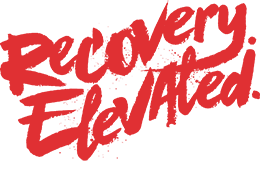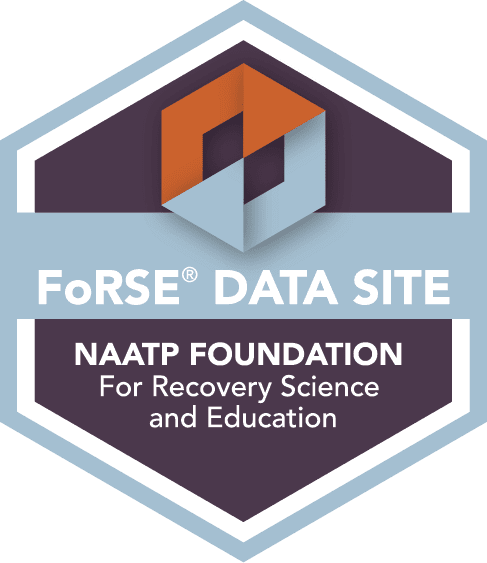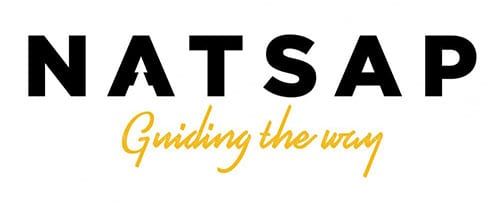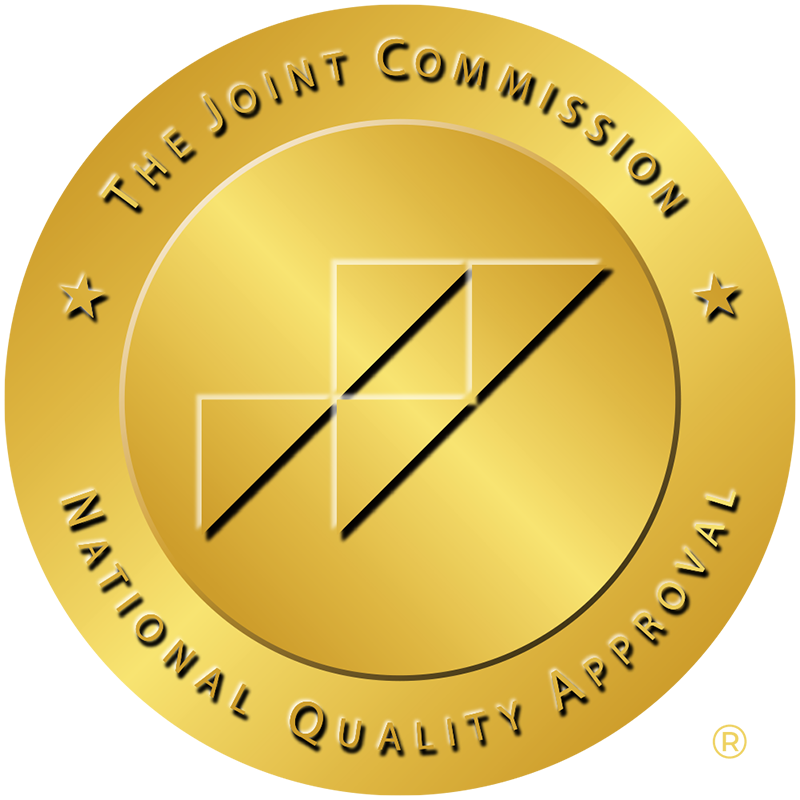Building Healthy Relationships: Recognizing Red Flags

Healthy relationships are essential to our wellbeing, particularly for those in the process of recovery or managing mental health concerns. There is age-old, twelve-step-informed wisdom and a tendency for traditional treatment programs to enforce abstaining from relationships altogether in early recovery. While there is wisdom in these suggestions, they aren’t always realistic. We believe it’s better to admit uncomfortable truths and form a plan to deal with them than to set up expectations that are rarely, if ever, met. At Foundation House, we understand that fostering positive connections and healthy relationships can significantly impact one’s path to healing. It’s crucial, however, to be able to recognize unhealthy relationships, identify red flags that may hinder or harm progress, and rely on tools and knowledge that will help you get yourself out of bad situations.
What are Red Flags?
Red flags are warning signs or indicators that something within the relationship is off balance and potentially harmful. These can manifest as behaviors, patterns, or dynamics that consistently create discomfort, unease, or even danger.
Common Red Flags to Watch Out For:
1. Lack of Communication:
Open and honest dialogue is the cornerstone of any healthy relationship. A partner unwilling to communicate or share feelings can create a foundation of mistrust and misunderstanding.
2. Controlling Behavior:
Attempts to control where you go, who you see, and what you do are a significant red flag. This behavior can escalate and is often a sign of emotional or psychological abuse.
3. Disrespect
Mutual respect is non-negotiable. Disrespect can appear as name-calling, belittling, or intentionally embarrassing you in front of others.
4. Lack of Boundaries
It’s essential to have your boundaries respected. A partner who constantly pushes or violates your boundaries does not respect your autonomy.
5. Constant Criticism
Constructive feedback is healthy; constant criticism is not. It can erode your self-esteem and make you doubt your worth.
6. Unpredictability:
A partner whose reactions are unpredictable or volatile can create a tense and unstable environment, which is particularly damaging for those in recovery.
Why Recognizing Red Flags is Essential
Recognizing these warning signs is critical for maintaining personal boundaries and self-respect. It’s particularly important for those in recovery, as toxic relationships can trigger stress and potentially lead to relapse.
How to Address Red Flags:
1. Acknowledge the Issue: Recognize and admit to yourself that there is a problem.
2. Communicate: If safe, address the issue with your partner.
3. Set Boundaries: Clearly define what is unacceptable and stick to your limits.
4. Seek Support: Talk to friends, family, or a therapist about your concerns.
5. Safety Planning: If the relationship poses a danger, create a safety plan or seek professional help immediately.
Conclusion
Building and maintaining healthy relationships are key to a fulfilling life and successful recovery. At Foundation House, we are dedicated to providing the tools and support necessary to navigate the complex world of personal connections. Remember, recognizing red flags is not just about protecting yourself from others; it’s about honoring your self-worth and your journey towards wellness.


